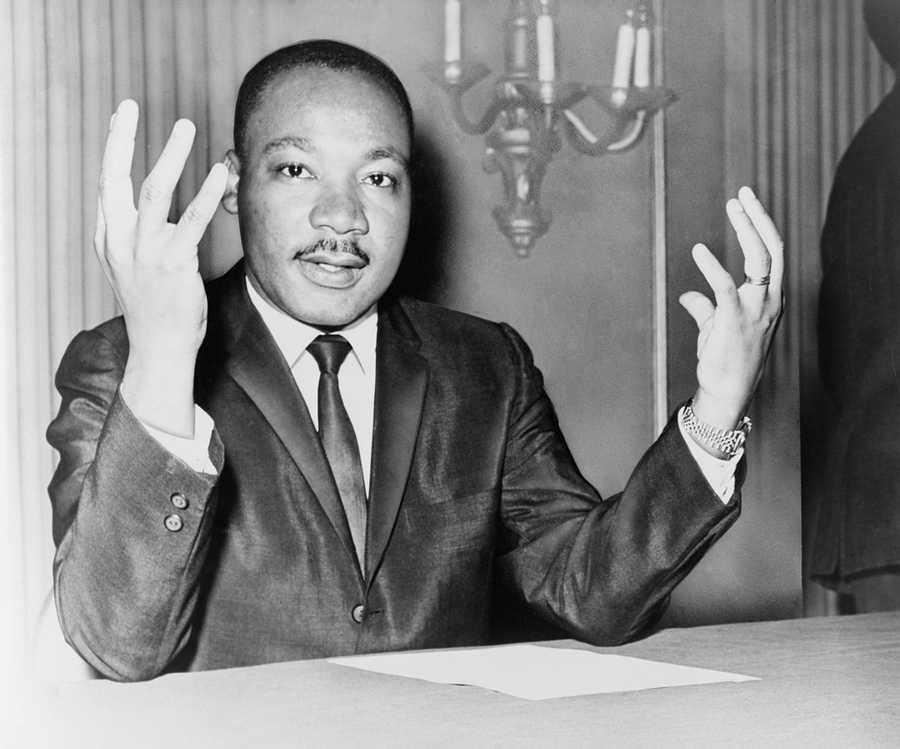Total commitment to your cause
Martin Luther King was a visionary leader who had a dream much larger than the times in which he lived.
King led a social movement of equality during a period where he wasn't supported by most. Although his life was threatened and despised by many, he stayed committed to his vision.
73
579 reads
CURATED FROM
IDEAS CURATED BY
The idea is part of this collection:
Learn more about personaldevelopment with this collection
The power of gratitude and positive thinking
Ways to improve your mood
Simple daily habits for a happier life
Related collections
Similar ideas to Total commitment to your cause
The essential ingredient for change
Martin Luther King is honored and revered today, but society didn't embrace him in his short life. Yet King knew his dream of equality was more important than popular opinion. He never accepted that just because things were a certain way, it made them right.
King worked towards dis...
Read & Learn
20x Faster
without
deepstash
with
deepstash
with
deepstash
Personalized microlearning
—
100+ Learning Journeys
—
Access to 200,000+ ideas
—
Access to the mobile app
—
Unlimited idea saving
—
—
Unlimited history
—
—
Unlimited listening to ideas
—
—
Downloading & offline access
—
—
Supercharge your mind with one idea per day
Enter your email and spend 1 minute every day to learn something new.
I agree to receive email updates
